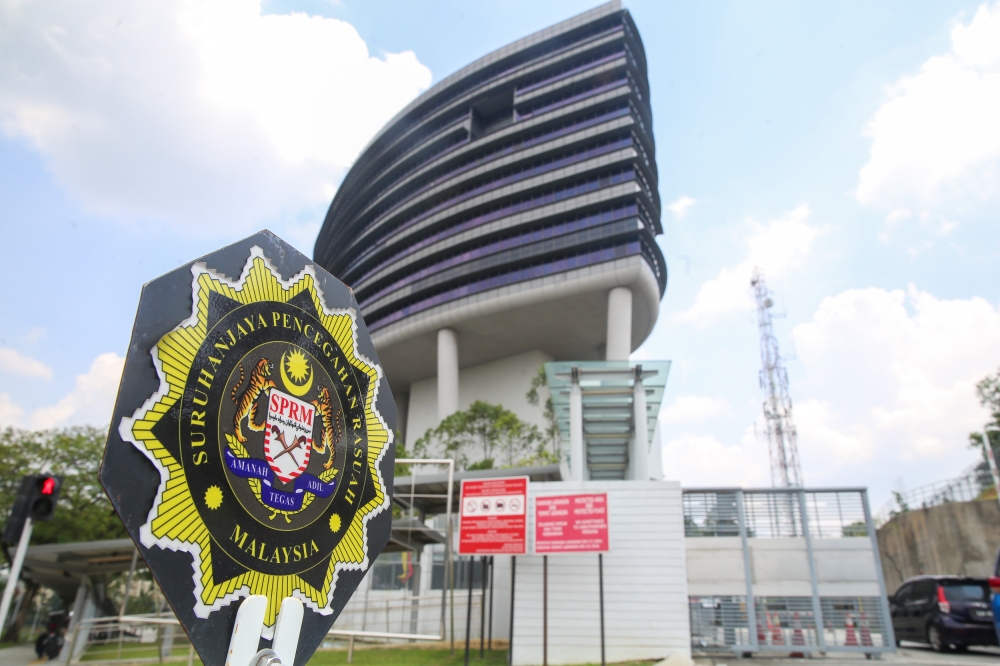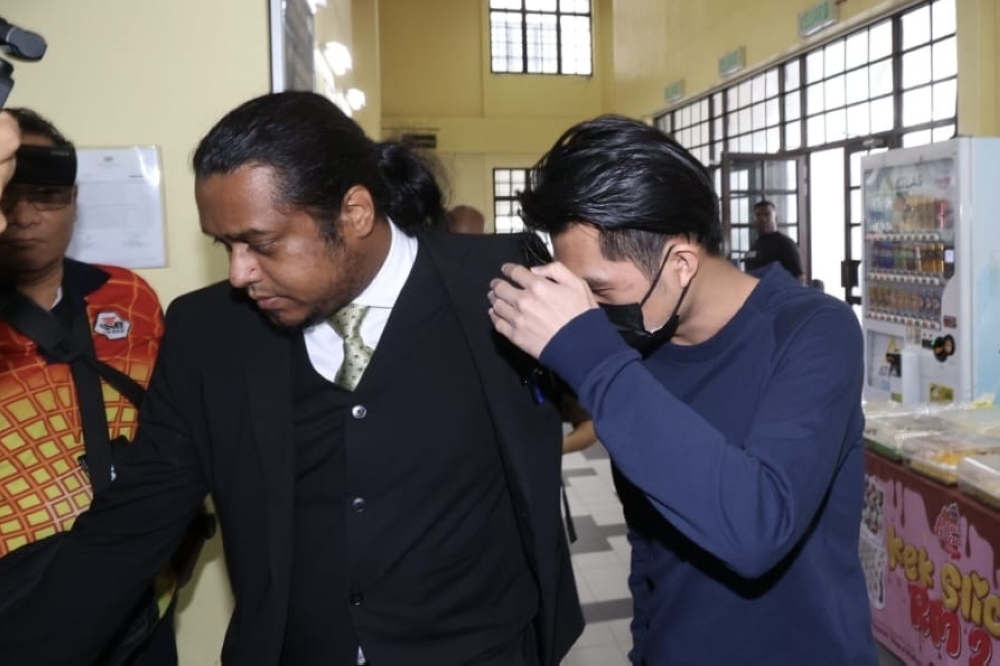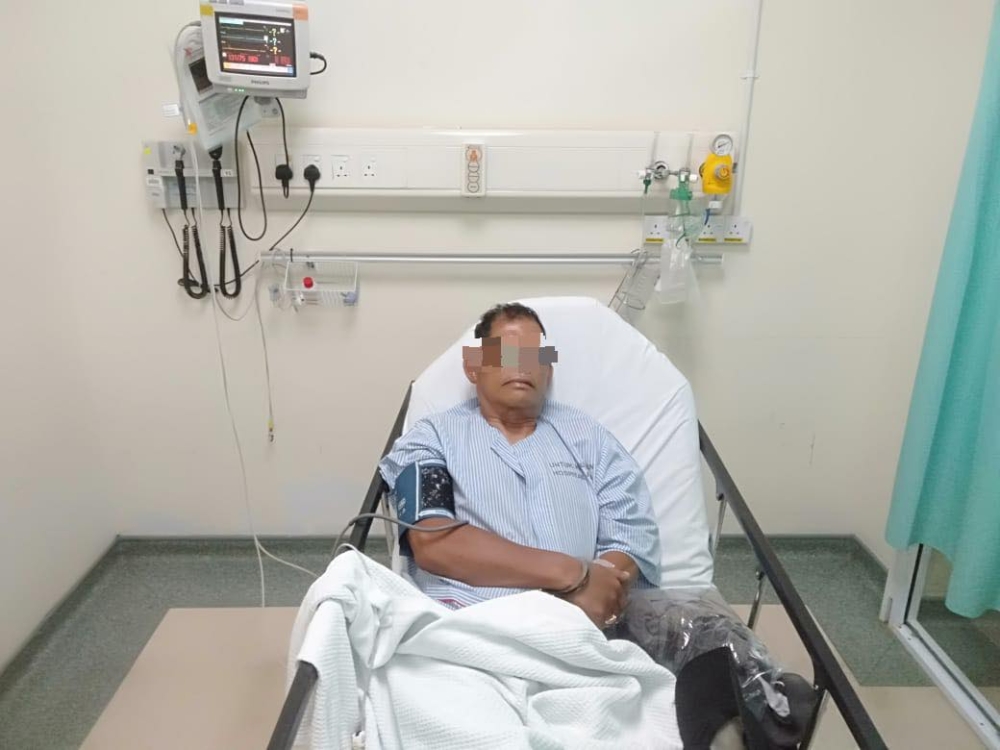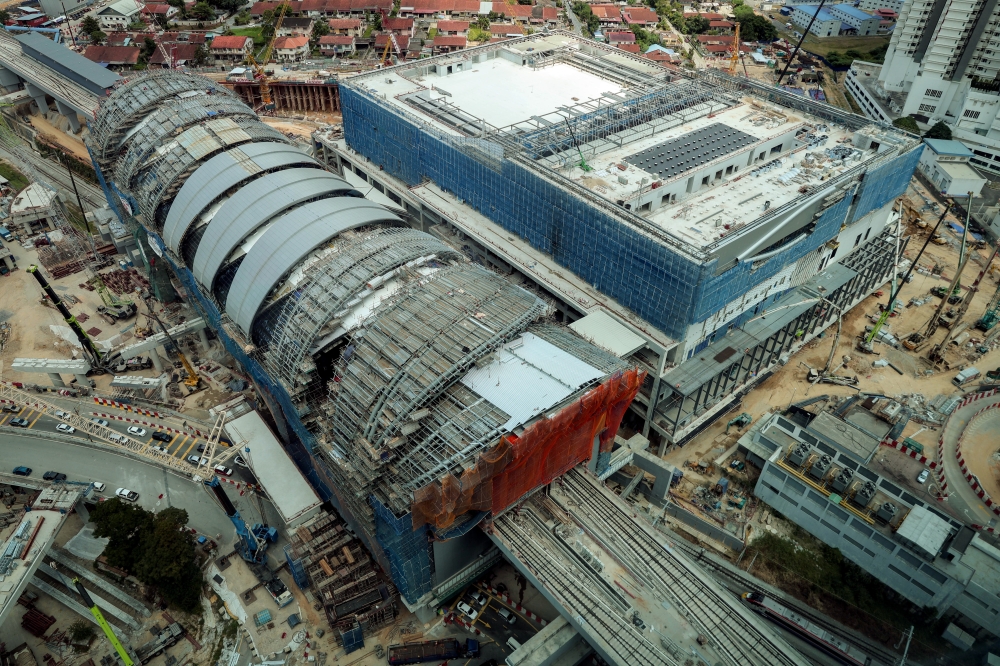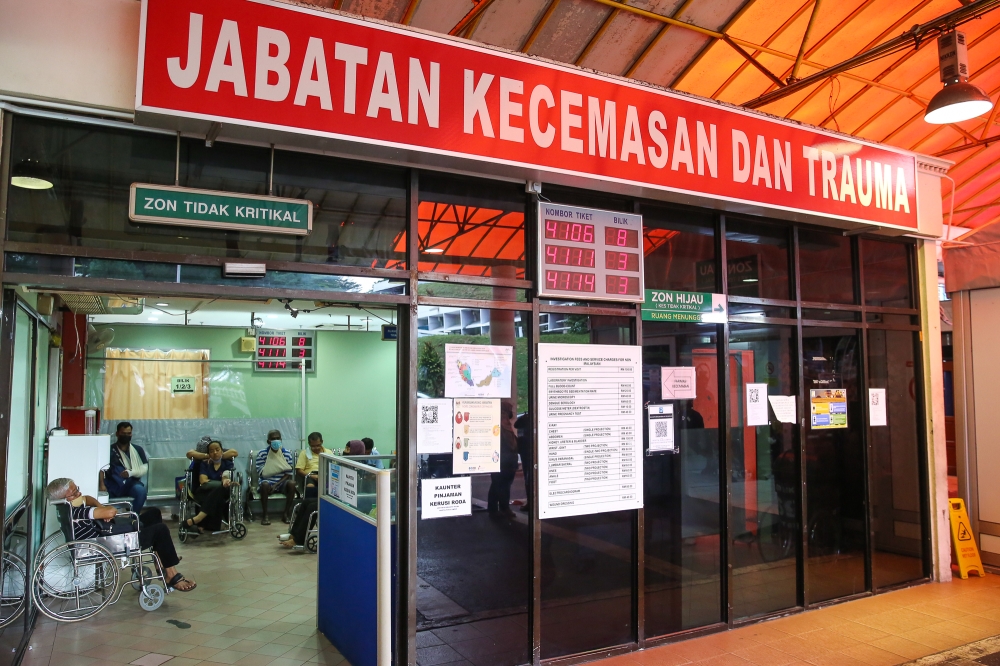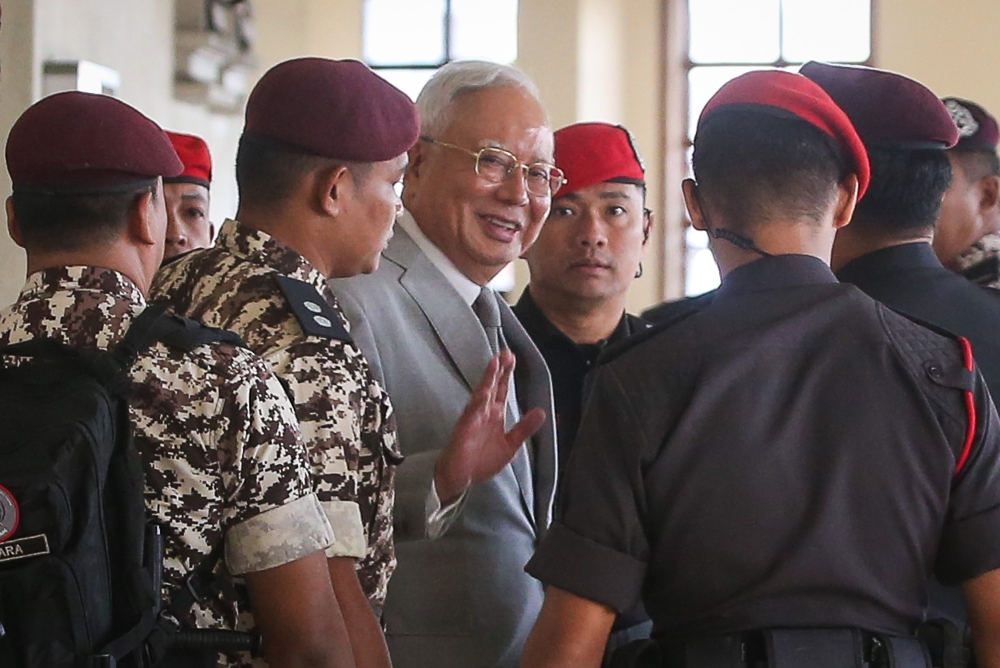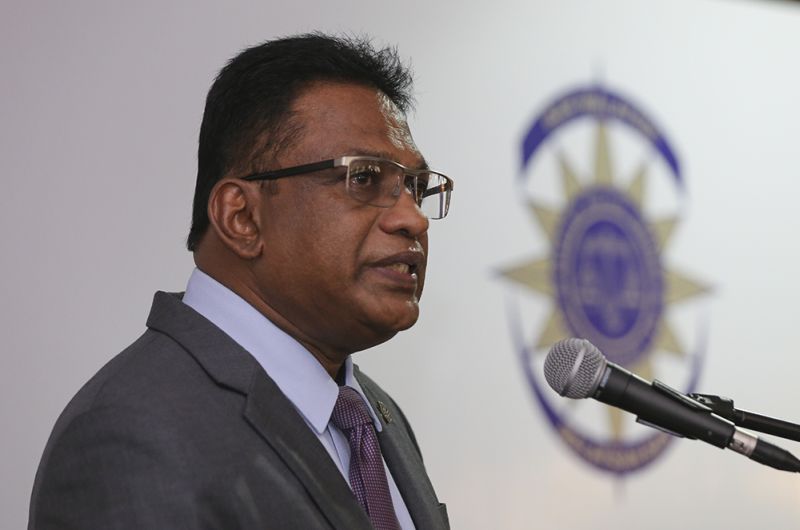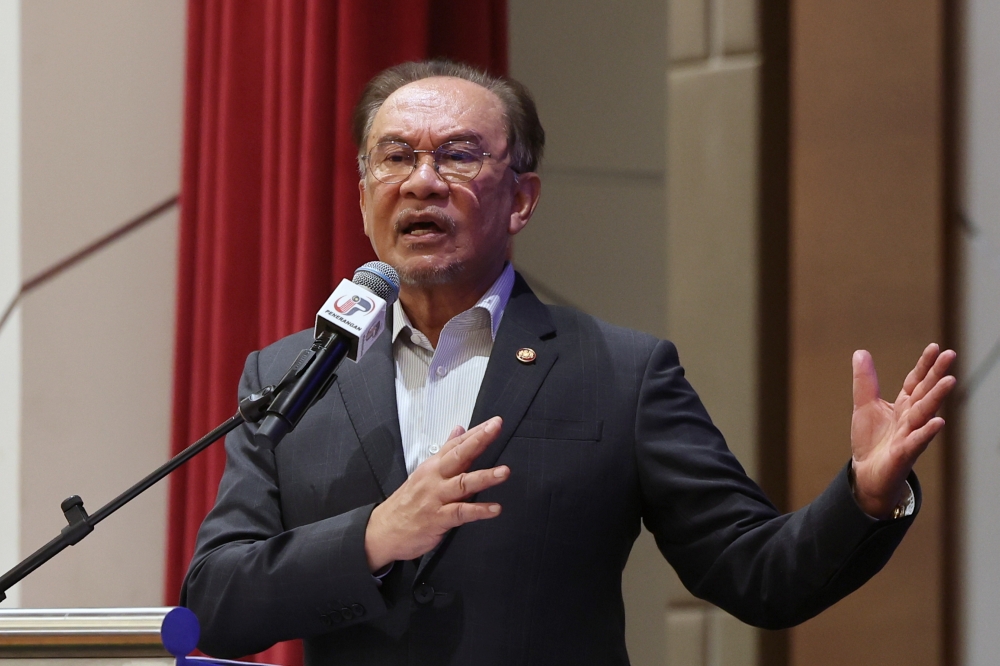PUTRAJAYA, July 13 — The new Chief Justice of Malaysia has given his assurance that court cases can be postponed with proper reason, and not just when "death or near death" incidents require court proceedings to be deferred, the Malaysian Bar said today.
Malaysian Bar president George Varughese said lawyers today had asked the new CJ Tan Sri Richard Malanjum about whether his predecessor's previous policy — of allowing lawyers' applications to postpone cases only when "death or near death" is involved — still applies.
"The CJ said it will no longer be the policy of the courts.
"CJ further assured the Bar that adjournments would be granted if there are proper and reasonable reasons for seeking the adjournment," he told reporters after the Malaysian Bar's joint working meeting with Advocates Association of Sarawak and Sabah Law Society.
George said the previous policy for case postponements applied to all type of cases at all courts.
"Now, across the board, adjournments will be granted if proper and reasonable reason/s are given," he said.
Malanjum was on Wednesday night elevated from Chief Judge of Sabah and Sarawak to the country's highest-ranking judicial position. He is the first East Malaysian to be appointed to this post and currently the most senior Federal Court judge.
Malanjum replaced the 14th CJ Tun Md Raus Sharif ahead of the latter's resignation that was initially due July 31.
In the Opening of the Judicial Year ceremony in January this year, Raus had reportedly said the judiciary should not allow postponement for cases after hearing dates had been fixed, except only in rare and extraordinary circumstances.
“As a rule, I will no longer entertain blanket applications for postponement of cases citing conferences, AGM, EGM, etc. Similarly, the Attorney-General’s Chambers should also follow this strict rule. The rule is that there shall be no postponement, except in the event of death or near death,” he was quoted saying then by national news agency Bernama, having also urged the Malaysian Bar to be proactive in the same matter.
The judiciary had in recent years focused on cutting the backlog of court cases and in having cases heard and decided expeditiously.



